Our expertise in Architecture
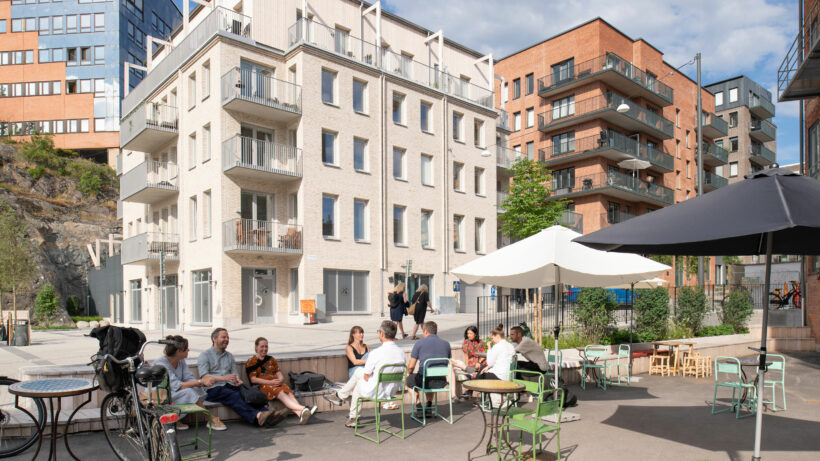
Residential
Democratic residential architecture. Where there is a place for everyone. When we design, we take a long-term approach. By listening. And see possibilities through the eyes of others.
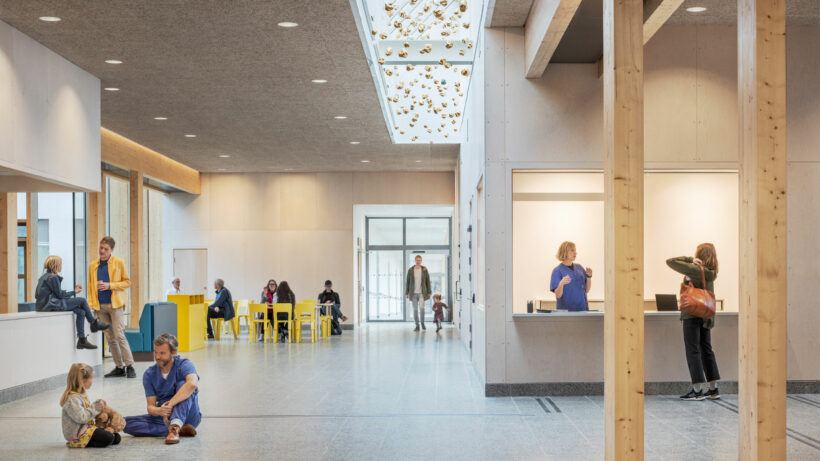
Healthcare
When we design healthcare environments, we always put people first. Patients, staff, and relatives. Those who need help and those who are there to provide care. Even with the most complex processes, we find innovative solutions for flexible environments with a high sustainability profile.
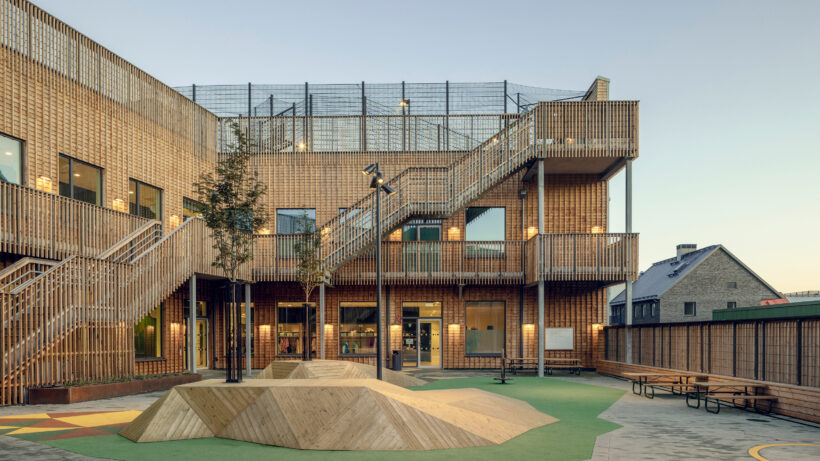
Learning environments
Inspiring learning environments encourage creativity, collaboration and critical thought. Spaces are designed to adapt as pedagogical practices evolve; rethinking the traditional classroom to support different forms of learning.
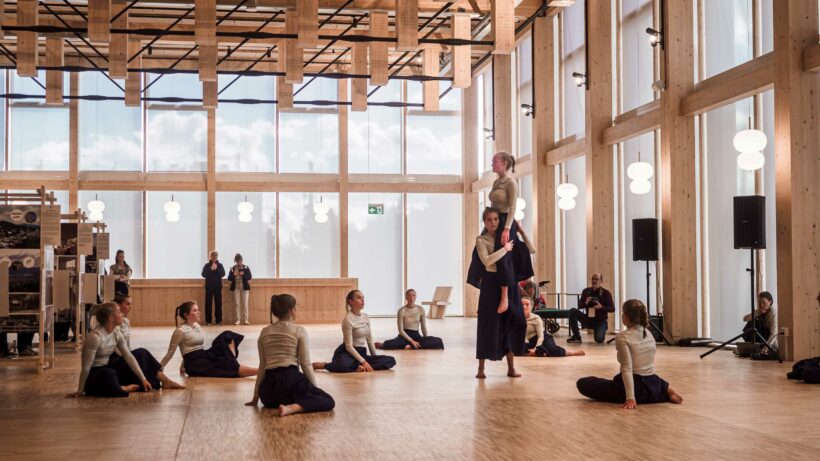
Culture and nature
In its many forms, culture is a driver of innovation and positive social transformation; places that focus on culture have higher rates of growth and more inclusive attitudes.
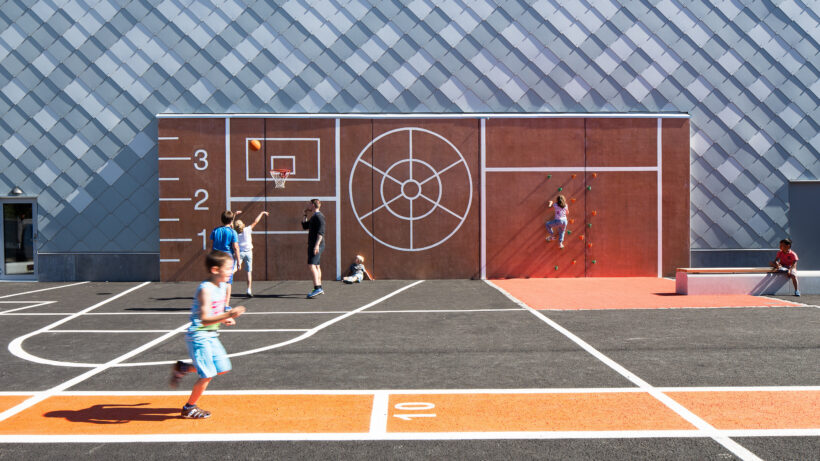
Sports and wellbeing
Multi-arena or outdoor gym. We work with arenas in the broadest sense of the word, with a distinct focus on sports and activities. We create spaces that enhance the experience of being together and increase physical activities. Spaces that makes us feel good.
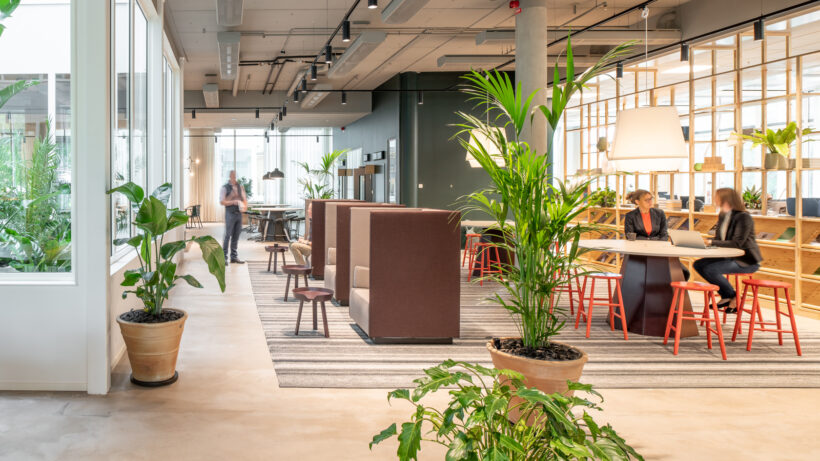
Workplaces
As flexible and remote working becomes as much the norm as traditional office hours, the contemporary workplace must adapt to these developments and become a universal meeting place.
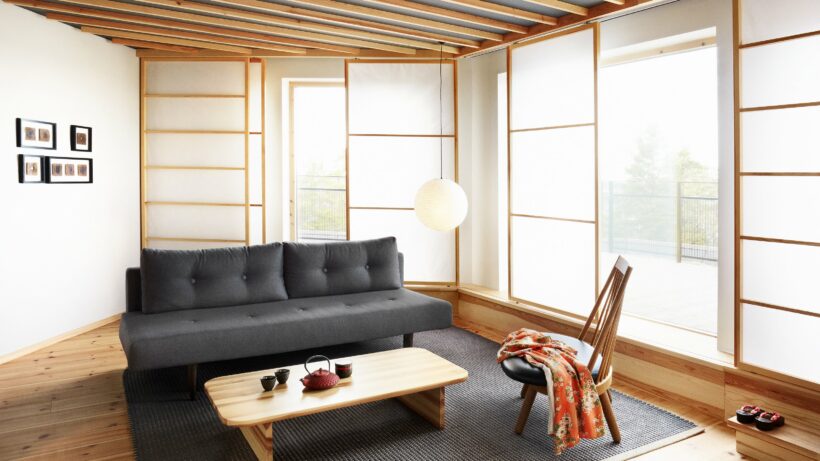
Hotel and congress
In our busy society, hotels and congress centres are becoming an increasingly important location for people to work, meet and socialise. With the right design, these spaces can offer optimal conditions for effective and inspiring meetings.
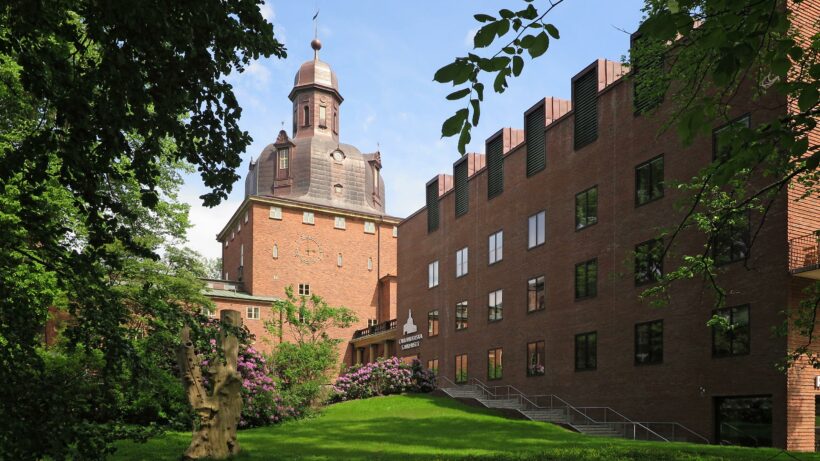
Transformation and redevelopment
Society as a whole, and the construction industry in particular, faces the challenge of doing more with the Earth’s increasingly scarce resources. Transformation is about evolving rather than replacing, adding value to existing structures and materials. Buildings and environments, stories and memories.
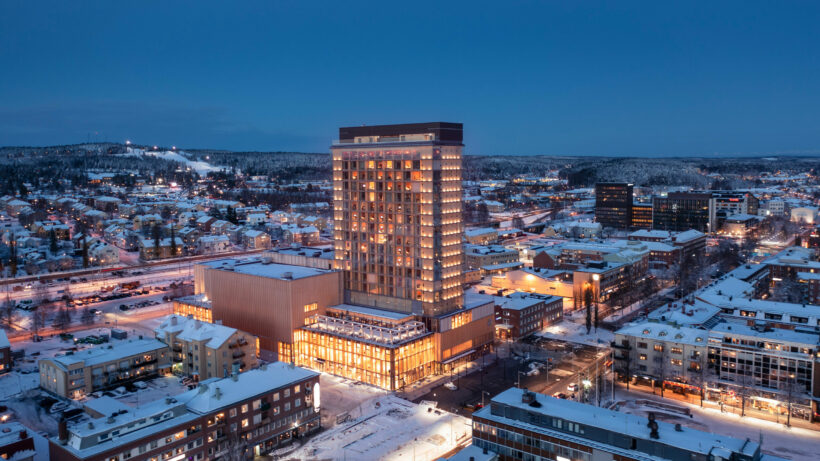
Wooden buildings
Wood holds a special place in our hearts. It is our only large scale renewable and carbon neutral building material. In addition, wood promotes health and contributes to a healthy environment in which to live and work.
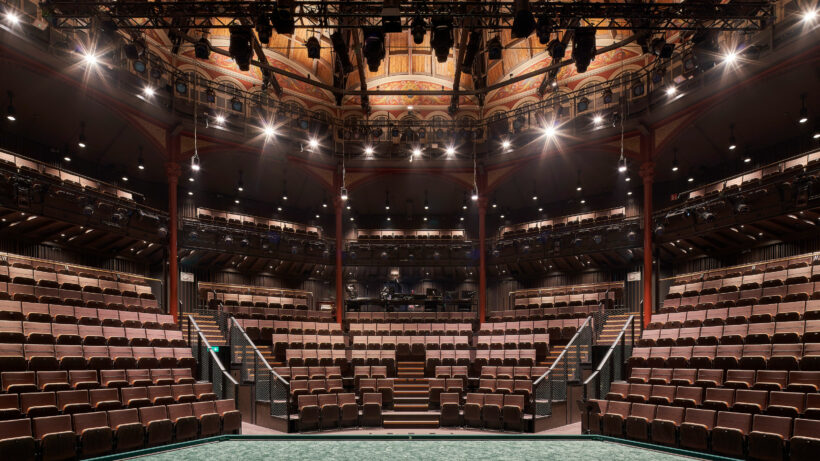
Cultural heritage environments
Working with Sweden’s cultural heritage requires a special eye. Cultural environment is a multifaceted term that connects both tradition, present and future where historical traces can be used as a driving force to create added value.